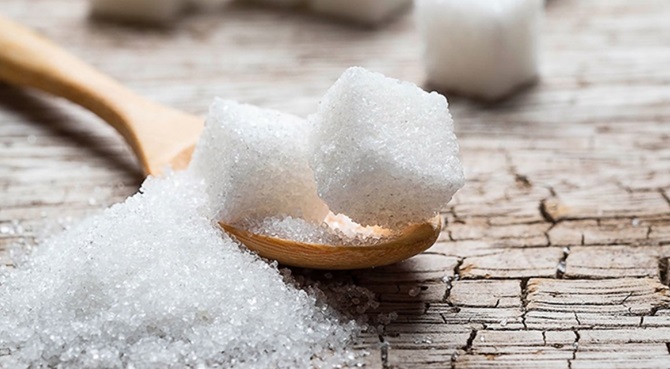Sugar should not be consumed in excess. Otherwise, it can lead to big problems with the body. But we do not always notice them. Therefore, it is important to pay attention to even the smallest signals. We at joy-pup tell you what signs can signal that you eat a lot of sugar.
Constant feeling of fatigue and lack of energy
If you notice that you often lack energy even after a good night’s sleep or you need more caffeine during the day, then perhaps the cause is excess sugar. The fact is that sugar, entering the blood, quickly increases the glucose level, which gives a temporary surge of energy. However, after this there is a sharp drop in its blood, causing fatigue and drowsiness. If you regularly feel exhausted, it may be a sign that you need to review your diet.
Frequent mood swings

Blood sugar swings directly affect the nervous system. When glucose rises and falls sharply, your mood can fluctuate from euphoria to irritation and depression. You may notice that you become nervous or depressed for no apparent reason.
Constant cravings for sweets
The more sugar you consume, the stronger the desire to eat another candy develops. It stimulates the release of dopamine, the pleasure hormone, which causes the effect of a “sweet trap”. The body begins to demand more and more, and you find that you cannot resist candy, baked goods, or sugary drinks.
Skin problems

Excessive sugar consumption can worsen the condition of the skin, causing acne, redness, and inflammation. This happens because high blood glucose levels stimulate the production of insulin, which increases the activity of the sebaceous glands. As a result, the skin becomes oily, and the pores become clogged.
Weight issues
Sugar is a source of “empty calories” that contain no useful substances but contribute to the accumulation of fat mass. Frequent consumption of sweets leads to excess calories and fat accumulation, especially in the abdominal area. If you notice that your weight is increasing despite an active lifestyle, it may be due to hidden sugar, which is contained in sauces, processed foods and sweet drinks.
To be continued…







Only registered users can leave comments